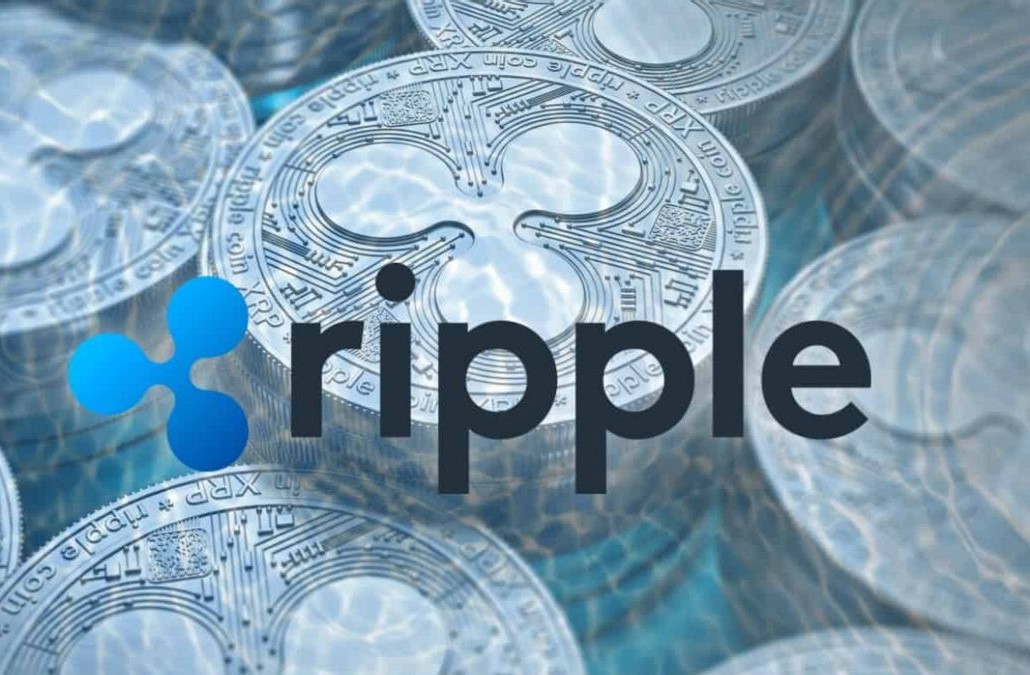MetaMask wallet has just launched ETH pooled staking in a few parts of the world, excluding the US and UK.
MetaMask, a prominent Ethereum wallet, has recently implemented its eagerly anticipated pooled staking service. This service will enable users to stake any amount of ETH, irrespective of whether they satisfy the eligibility criteria for validator status.
The action represents a significant advancement in expanding Ethereum’s proof-of-stake (PoS) consensus mechanism, which has historically necessitated 32 ETH.
Democratizing the Staking of Ethereum
99% of ETH holders still need to meet the 32 ETH staking threshold, as per MetaMask. MetaMask’s communal staking is an appealing alternative for many users. Small-scale users can now receive rewards and enhance the network’s security by contributing any amount of ETH.
Consensys Staking provides support for the service. Consensys has established a remarkable track record, as evidenced by its staked over 1 million ETH, and has over 33,000 Ethereum validators. This demonstrates its credibility and reliability.
MetaMask’s entry into the staking market establishes it as a formidable competitor, challenging established entities such as Coinbase and Lido. The 33 million ETH staked on the Ethereum network are collectively under the control of these providers, which is nearly half. Experts have identified the substantial stake in ETH that these two companies possess as a source of network centralization risks.
MetaMask’s staking service could alter the distribution of staked ETH. MetaMask’s established user base has the potential to garner a substantial market share, thereby assisting in the redistribution of ETH concentration away from Coinbase and Lido. Consequently, this will mitigate the likelihood of network centralization.
Overcoming Regulatory Obstacles
MetaMask’s pooled staking service will initially be intended for a restricted user base to expand its accessibility in the future. This service is unavailable to individuals from the United States and the United Kingdom.
In recent times, the United States has experienced increased regulatory scrutiny of staking services, which has led to penalties for certain service providers. For example, in 2023, the Securities and Exchange Commission (SEC) assessed Kraken a $30 million fine because its staking service contravened securities regulations. Similarly, Coinbase’s staking service has been accused of noncompliance with securities laws.
In the interim, the regulatory landscape in the United Kingdom remains ambiguous. Bim Afolami, the Economic Secretary to the Treasury, announced earlier this year that he intended to elucidate the regulations regarding staking and stablecoins within the next six months. Nevertheless, there has yet to be any tangible advancement.
Despite the regulatory obstacles, there is a sense of optimism regarding the future. The United States and the United Kingdom have demonstrated indications of adopting digital assets. Bitcoin exchange-traded funds (ETFs) were recently authorized by the Securities and Exchange Commission (SEC). Ongoing discussions for regulatory clarity also indicate a growing adoption of digital assets in the US market.
Similarly, the United Kingdom’s dedication to elucidating stake and stablecoin regulations indicates a proactive approach to fostering innovation in the digital asset sector.



